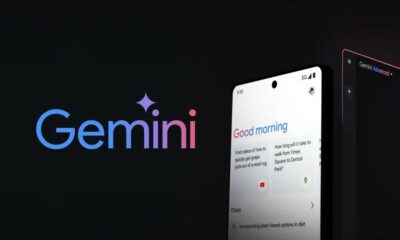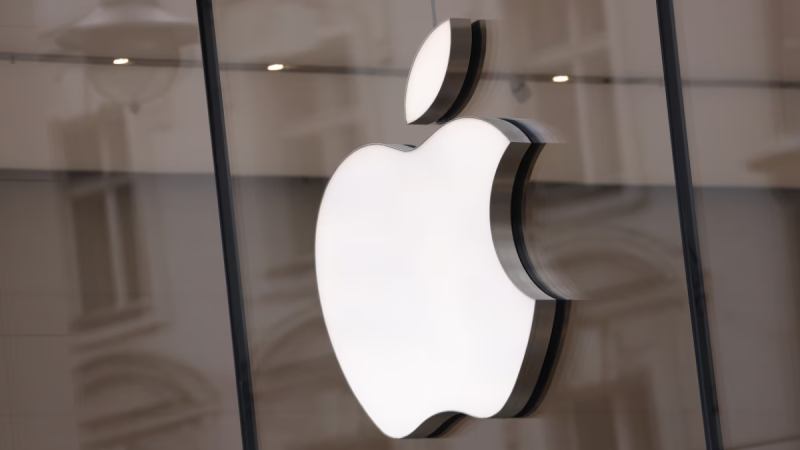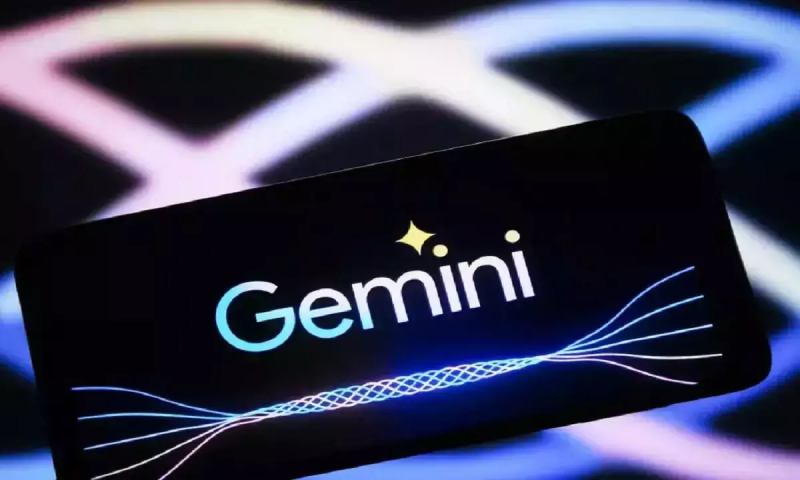With the exception of Apple, all major smartphone manufacturers are placing bets on the hope that “foldable” phones will help spark a flagging mobile market, even though the devices are still largely unpopular with regular consumers.
Nearly five years after their debut, foldable smartphones—which feature a screen that opens like a book or tiny mirror—barely account for more than 1% of all smartphones sold worldwide.
However, Samsung is putting even more effort into the product this year, spending a lot on marketing. The Korean company unveiled its 5G Galaxy Z line in July.
The biggest smartphone maker in the world cites Counterpoint Research’s projections that, by 2027, foldable smartphones could account for more than one-third of all smartphones sold for more than $600.
“We will continue to position our foldables as a key engine for our flagship growth with the clear differentiation, experience and flexibility these devices have to offer,” said Samsung.
Other phone manufacturers are also placing their faith in the product to help revive a market that saw its worst year in over a decade, including Motorola, Huawei, and its spin-off Honor in China.
“This is the year people [in the industry] really dived in,” said Ben Wood, an analyst at CCS Insight. “Everybody now is betting on this, except Apple.”
The manufacturer of the iPhone has not yet expressed interest in the market, but patent filings hint that it might eventually release an iPad that folds in half. Samsung was followed into the market by every other major smartphone manufacturer, including Chinese rivals Huawei, Oppo, and Xiaomi as well as Google’s Pixel Fold.
“We believe foldables are the future of smartphone devices, just like electric cars were to the auto industry,” said Bond Zhang, UK chief executive of Honor. “We’re approaching a crucial tipping point where foldables may soon become mainstream.”
However, market data indicates that foldables are still not very common. According to Counterpoint Research, only 16 million foldable phones—or 1.3% of the 1.2 billion smartphone market—will be sold this year. Analysts claim that worries about cost, dependability, and utility discourage customers.
“I do wonder if there are too many products chasing too little market share at the moment,” Wood said.
Foldables are beginning to take a more significant share of the premium segment in a few markets, such as the US and China, despite the fact that the numbers are small when compared to the entire smartphone market.
Foldable phones’ high price point is consistent with a larger trend of market polarization between high-end—in which Apple leads—and low-end devices.
The higher cost of foldable phones is helping makers make up for the slow sales of their more affordable models. While Honor’s Magic VS2 starts at Rmb6,999 ($979) in China, Samsung’s Z Fold 5 costs upwards of $1,800 in the US.
It has been difficult to convince more customers to pay those prices because many are concerned about the mechanical hinges and flexible screens’ longevity.
According to Runar Bjørhovde, an analyst at Canalys, return rates for foldable smartphones are 5–10%, which is significantly higher than those of traditional smartphones and discourages repeat purchases. He remarked, “It’s one thing to bring people to the [foldable] segment.” “Getting them to stay is another.”
Nonetheless, Chinese producers like Honor and Huawei have discovered that the domestic market is more receptive to foldable devices than other markets. Counterpoint reports that during the third quarter of 2023, sales of the devices more than doubled compared to the same period the previous year.
According to Canalys, Samsung dominated the global market with a 73 percent share of foldables in the quarter.
“Foldables have become the way to get some excitement back in smartphones,” said Carolina Milanesi, an analyst at Creative Strategies. “There’s no innovation otherwise.”


 Technology4 weeks ago
Technology4 weeks ago
 Technology4 weeks ago
Technology4 weeks ago
 Technology4 weeks ago
Technology4 weeks ago
 Technology3 weeks ago
Technology3 weeks ago
 Technology4 weeks ago
Technology4 weeks ago
 Business2 weeks ago
Business2 weeks ago
 Business2 weeks ago
Business2 weeks ago
 Technology4 weeks ago
Technology4 weeks ago











